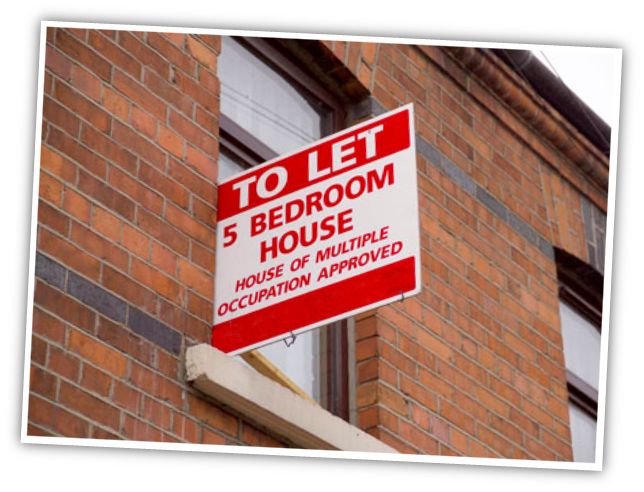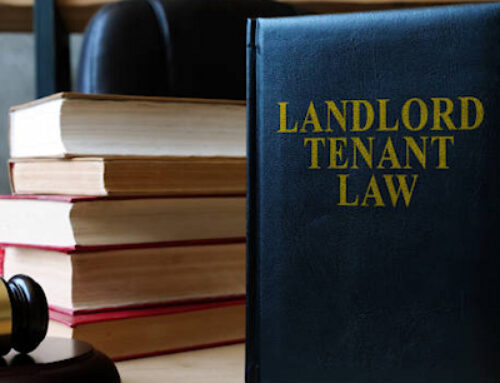Clarification of Heating Regulations in HMOs

The Residential Landlords Association (RLA) has offered advice to HMO landlords affected by the new regulations affecting the provision of heat and energy in shared housing. A European Union directive on energy efficiency was updated in 2012. One of the key elements of the directive is to ensure those people who are directly using energy can see what they are using and take steps to reduce their usage.
“As a result, the government passed The Heat Network (Metering and Billing) Regulations 2014,” explains RLA policy director David Smith, “These require that anyone providing heating, cooling, or hot water to someone who is required to pay for it whether directly or by incorporation in their rent must provide a metering system of some description to allow that person to measure their use and provide thermostatic valves to allow for a degree of control to be exercised by that user.”
The new regulations have caused a great deal of concern as the cost of fitting such meters in many HMO properties would be prohibitive. There is an exemption where the cost is disproportionate but it is not clear how this will be applied. The situation is further complicated by the wording of the EU directive which makes reference to apartments, a concept that is not commonly used in Britain.
In order to help resolve the situation the National Measurement and Regulation Office (NMRO), the body responsible for enforcing the new regulations, has updated its guidance.
“The new guidance makes clear that the regulations do not apply unless the energy user is in possession of a self-contained property which contains sleeping, washing, and cooking areas. Any communal provision of washing and cooking facilities will mean that the regulations will not apply,” said Smith, “Therefore, the only landlords likely to be affected are those providing bedsit accommodation.
These landlords will need to consider the technical feasibility and cost effectiveness of installing hot water meters, heat cost allocators, and thermostatic radiator valves in each bedsit to allow measurement of the amount of heat energy being supplied.”
If the landlord considers that it is not technically feasible or financially viable to install these items, then they will need to repeat that assessment every four years. Where a renovation or work is being planned that will create bedsits then the regulations will also need to be considered and metering is likely to be required. Affected landlords are also obligated to notify the NMRO of their status along with specified information.
Practically, given that a thermostatic radiator valve costs less than £10 it is likely that landlords will need to give serious consideration to fitting these. Meters may be avoidable as these are more expensive.
Failure to comply with the regulations is an offence with an unlimited fine.
The regulations come into force from 31 December 2015. Bedsit landlords should make their notification to the NMRO promptly using the standard forms. They should also fit thermostatic valves and undertake a written assessment of cost if they do not propose to fit meters.
If you believe your property is covered by the new regulations, you will need to register and carry out the above-mentioned assessment. If you would like Pace to help with this task, please contact your Property Manager to discuss next steps.
We are happy to offer half an hour of face-to-face advice, free of charge, to local individuals considering becoming a landlord.
Please telephone and ask to speak to Marcus or Crystal on 01702 445 606.
Marcus James is Lettings Manager at Pace, an independent Southend on Sea Letting Agent. He deals with every aspect of the property letting process, providing expert and candid advice together with tailor-made marketing plans for each property he lists for rental.
Marcus prides himself on ensuring our landlord clients get the best return in the right timeframe for their investments by conducting rental appraisals, letting viewings and oversees the running of the lettings department.








